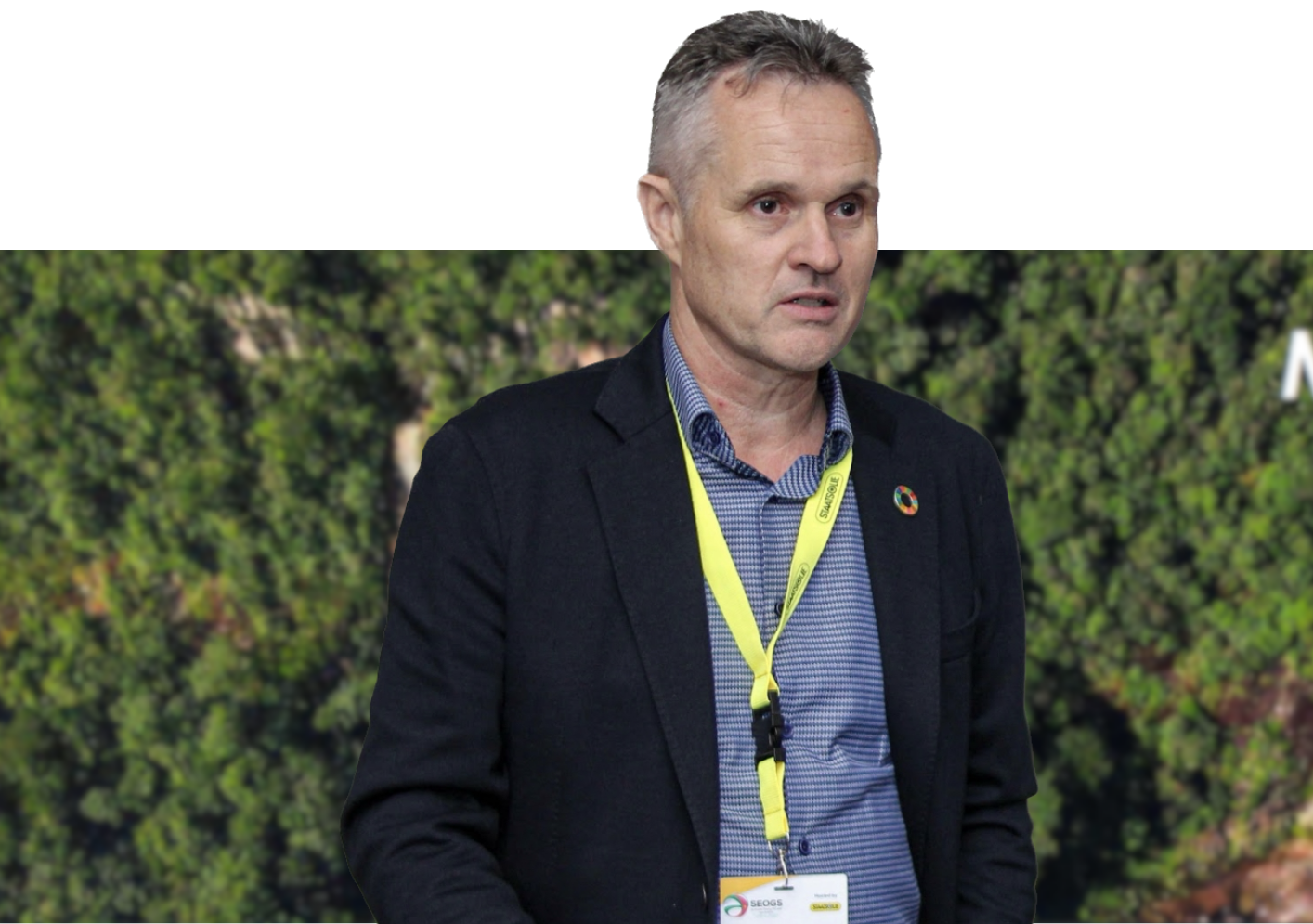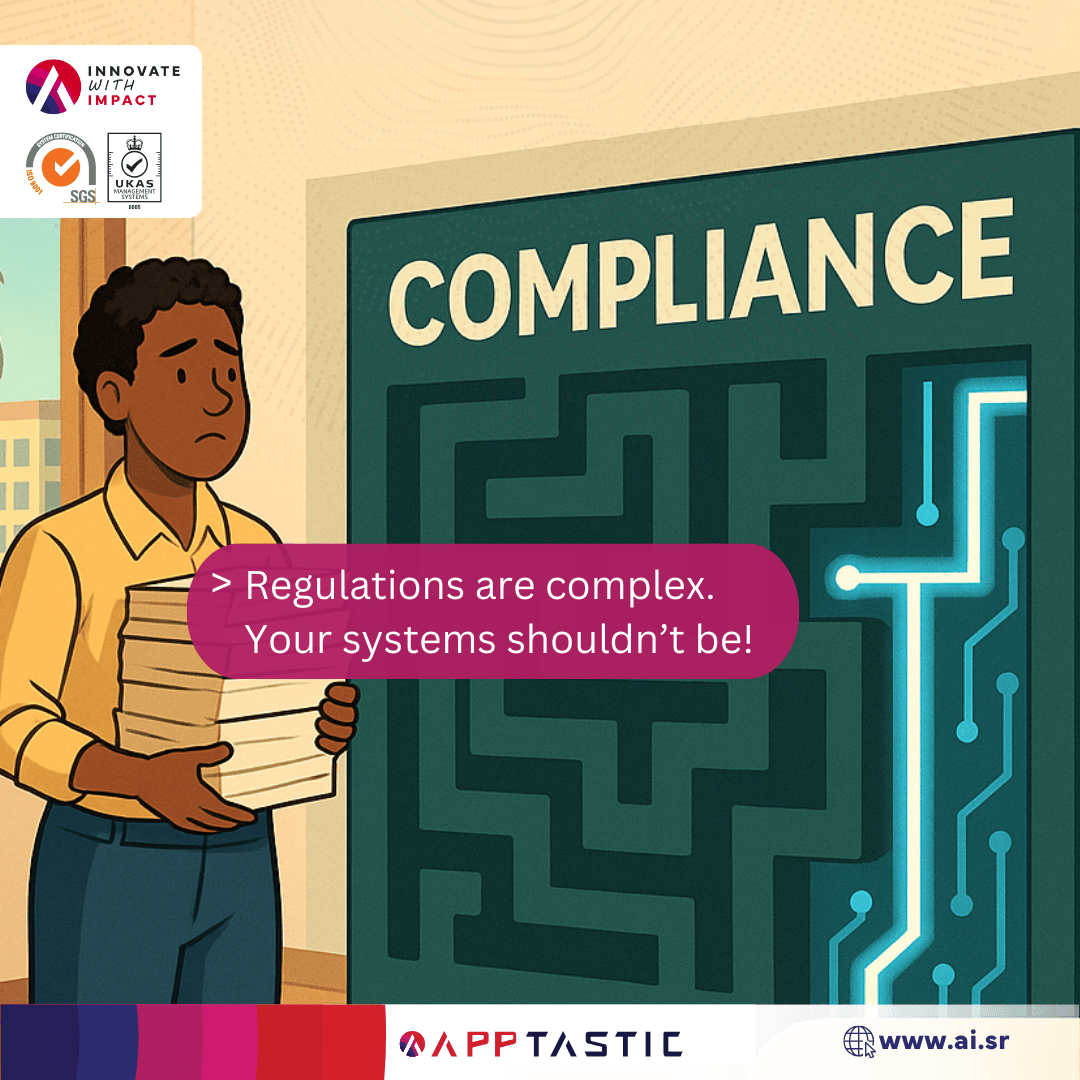The Roundtable Discussion on Carbon Credits at SEOGS 2023 witnessed an insightful presentation by Gerard den Dekker, a distinguished representative from VSB and VSB’s representative in the SDG Platform Suriname. The presentation delved into the carbon credit potential in Suriname as a pivotal driver for sustainable development, all viewed through the lens of the Sustainable Development Goals (SDGs).
General Remarks
Suriname, with its 600,000 citizens and vast expanse of 163,819 km², is bestowed with a remarkable 93% forest coverage. Traditionally reliant on income from oil and gas reserves, Den Dekker pointed out the finite nature of this income source, emphasizing the importance of transitioning towards sustainable and long-term avenues such as carbon credits.
Effective financial planning extends beyond carbon credits to include oil and gas income. While carbon credits offer lasting revenue, oil and gas income is finite. Optimizing carbon credit revenue becomes vital for sustainable growth. Allocate resources smartly to ensure a steady economic trajectory.
Shifting focus from the oil and gas sector, Den Dekker proposed a multi-year planning strategy for utilizing carbon credit income. This strategy encompasses several critical areas, including the creation of a welfare and prosperity fund, foreign debt reduction, economic diversification (including sectors like ICT, eco-tourism, BPO, and agriculture), and facilitating credits and loans for the development of other sectors. The overarching principle guiding this financial allocation is the alignment with the United Nations’ Sustainable Development Goals (SDGs), acting as a safeguard against the pitfalls of the so-called “Dutch Disease.”
SDG Perspective
The heart of Den Dekker’s presentation revolved around aligning Suriname’s sustainable development endeavors with the SDGs. He systematically linked each SDG to a corresponding investment area, outlining how carbon credit income can be a catalyst for realizing these goals. Some (limited) examples are:
-
SDG 1: Den Dekker highlighted the importance of an integrated approach to ending poverty by synergistically advancing other SDGs.
-
SDG 2: Investment in the agricultural sector and the development of a robust value chain can strategically position Suriname in the Caribbean and global markets for food production and security.
-
SDG 3: Optimal investments in the health sector were identified as a key component of Suriname’s sustainable development journey.
-
SDG 4: Education emerged as another priority area, with the potential to significantly impact human capital development.
-
SDG 6, 7, 9, 11: Investment in critical infrastructure across both rural and urban domains, including water, power, internet, and public transport, would bolster economic growth and sustainability.
-
SDG 8: Den Dekker emphasized the need for economic development that fosters inclusive and sustainable employment, particularly green jobs.
-
SDG 12-15: Prioritizing a circular economy, climate action, and biodiversity protection is imperative for Suriname’s long-term ecological viability.
-
SDG 16: Den Dekker underscored the significance of strengthening institutions, eradicating bribery and corruption, and upholding human rights as foundational aspects of sustainable development.


